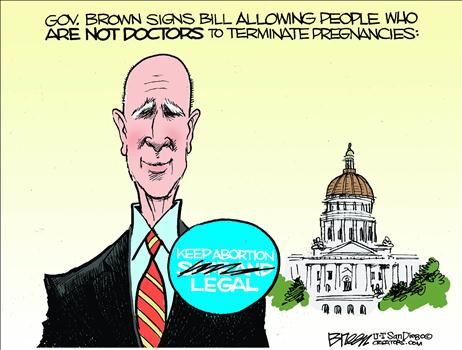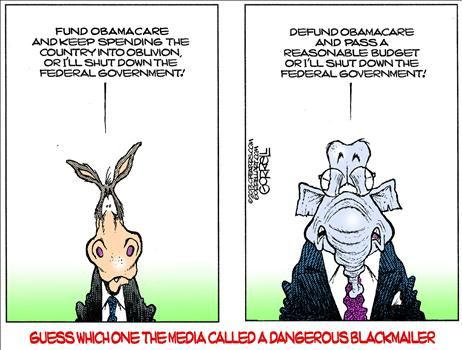Sex, lies, and you,
Part I of III
This series of posts is in direct response to this blog post
and the related discussion below. (What? It takes me a while to get my thoughts in
order sometimes.) As much fun as comment
whack-a-mole is, it does get time-consuming and exhausting. So I decided to organize my thoughts and put
them all in one place. This will read
like a series of lies and my responses, based on observation and
experience. You know, like, facts. Not baseless assertions, not insults, not
condescension.
Anyway, here we go -
“Sex is just an
animalistic act.”
See also: “Sex is the
deepest giving of yourself.”
See also: “Women are
hard-wired to bond deeply during sex.”
See also: “Men are
hard-wired to not commit and use women for sex.”
No. Well, yes. Sometimes.
Sex seems to mean whatever your relationship with the other
person means. It’s that type of “sex has
inherent value” thinking that leads to rape and sexual assault victims feeling
ashamed and “ruined” (see Elizabeth Smart).
So, yeah – people are absolutely correct when they say that
“everyone should decide for themselves.”
Because everyone’s situation is different. Two spouses who love each other will
experience the deepest giving of self during sex. Two virtual strangers who have a one-night
stand merely perform an animalistic act.
Here’s a clue: recognizing that context matters doesn’t mean
moral relativity.
Regarding the disparity in wiring between men and women –
how can you say this and then turn around and say, “Oh, sex within marriage is
the deepest giving of self.” Do you not
see how this undermines the concept of sex being a bonding experience within
marriage? How can anyone possibly bond
with such a gross disparity supposedly “hardwired” in? Further, this nonsense all but excuses the
way some men treat women like objects: “It’s in their nature.”
“God’s law says that only sex within marriage is okay.”
Awesome. Let’s have that discussion. Totally separate from slut-shaming, putting
virginity on a pedestal, broad pronouncements about “universals” of experience
that don’t exist, and all that other crap.
Principles of interpersonal relationships appear to exist independently
of what laws God and the Church have in place.
That’s why it doesn’t follow that, for example, “People who have sex
before marriage and don’t regret it have inherently dysfunctional
relationships.” It doesn’t work that
way. And when you lie to people, it will
only work until they figure out they are being lied to. Then see if they ever trust you again.
“If you have sex
before marriage, you will regret it.”
Maybe. I’ve noticed
among reading many testimonials and meeting many individuals that if you have
sex because of other people you will probably regret it. “Because of other people” means a variety of
things, including being pressured into it, seeking love or acceptance, or
feeling like you “should” for whatever reason.
On the other hand, simply holding sex up on a pedestal sets
you up for disappointment, either in yourself because you didn’t wait as long
as you wanted (and now you’re “ruined”), or in sex itself when you finally get
married and realize that it’s not anything like the movies. It’s better than the movies in a lot of ways,
but you have to be open to appreciating sex for what it IS, not what you WANT
IT TO BE based on books, movies, or porn.
However, if you have sex because you want to, with
symmetrical feelings and expectations, those are the people with no regrets,
because they had sex for the right reasons.
This is why sex within marriage usually goes so well – if two people
love each other enough to get married, it’s pretty clear at that point that
their relationship is symmetrical with regard to emotion and commitment. On the other extreme end of the spectrum we
have the one-night stand, another event with two people with symmetrical
feelings and expectations (i.e. virtually none). This is why one-night stands also tend to go
well.





